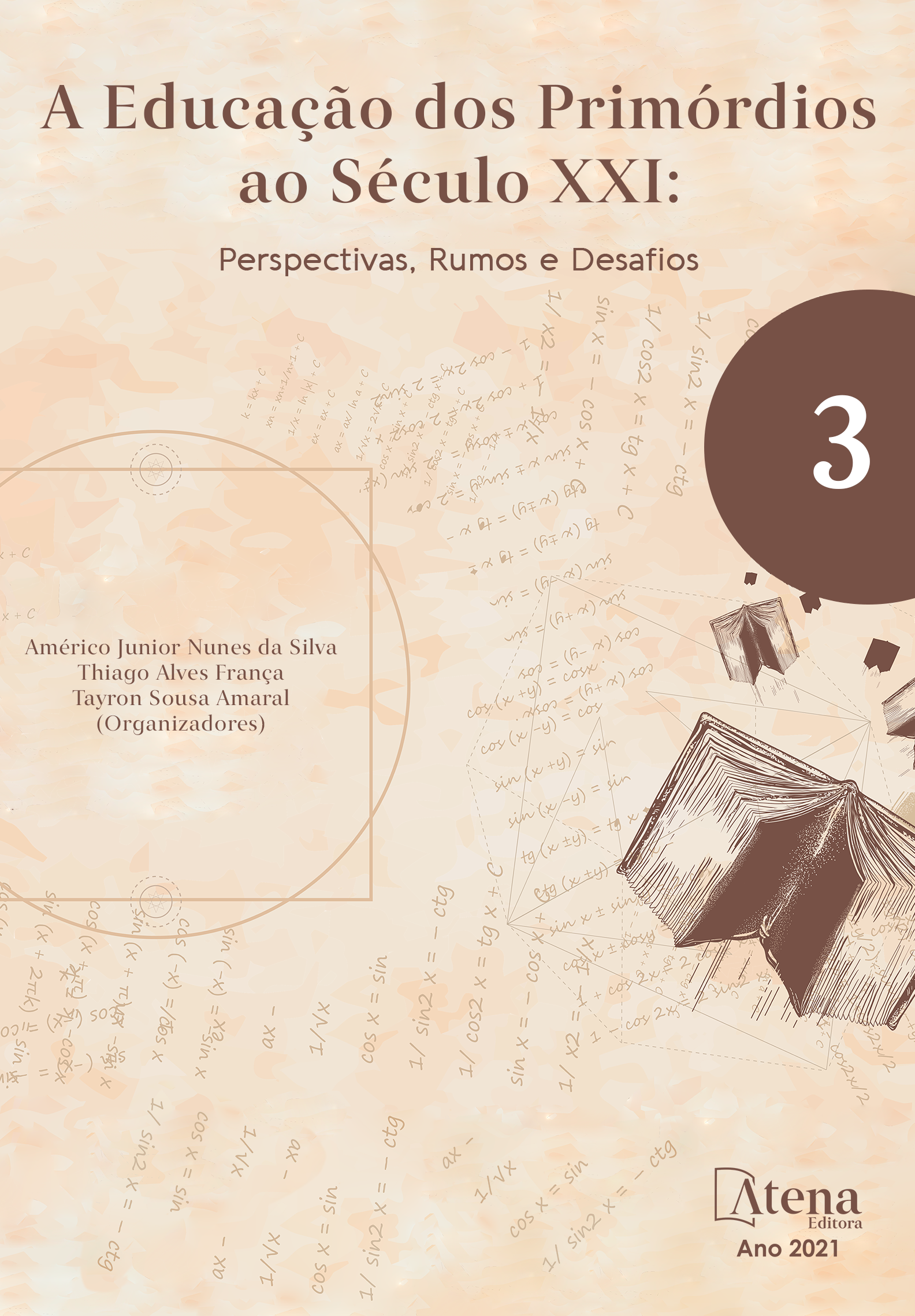
REDES SOCIAIS: FACEBOOK E WHATSAPP NA METODOLOGIA DO COMPONENTE CURRICULAR DE LÍNGUA PORTUGUESA NA ESCOLA DE EDUCAÇÃO EM TEMPO INTEGRAL
Este estudo teve por finalidade, analisar e buscar meios para utilizar a redes sociais Facebook e WhatsApp na disciplina de Língua portuguesa com o intuito de melhorar o desempenho nas atividades didático-pedagógicas propostas no referido componente curricular. Optou-se por uma pesquisa descritiva utilizando fontes primárias, secundárias e uma averiguação de campo quantitativa para obtenção dos dados. Será aplicado um questionário via google forms em um pequeno grupo de estudantes com o intuito de aferir a necessidade de se utilizar a WEB 2.0 para estimular a autoria e a pesquisa dos estudantes da rede estadual de ensino em uma escola do município de Corumbá-MS. Visto que, também será observado a conectividade dos estudantes nas redes sociais Facebook e WhatsApp por intermédio da pesquisa quantitativa. Então, pensou-se como objetivo geral: analisar as possibilidades didático-pedagógicas que as redes sociais Facebook e WhatsApp contribuem para o componente curricular de língua portuguesa. Estruturando os seguintes objetivos específico: a). subsidiar na utilização do Facebook e WhatsApp e suas funcionalidades no referido componente curricular; b). estimular a participação dos estudantes considerando o protagonismo e o incentivo a pesquisa; c). aferir o processo de pesquisa e envolvimento dos estudantes na assimilação dos conteúdos estudados e vivenciados. Nessa perspectiva, observa-se uma grande preocupação no âmbito escolar, onde os estudantes estão mencionando abreviações, gírias e fragmentos no cotidiano do ambiente virtual em suas atividades na sala de aula. Desta forma, percebe-se que vivenciamos uma nova etapa na era digital, onde encontramos quase tudo pronto. Sendo, de suma importância orientar nas ações dos estudantes conectados diariamente as redes sociais em estudo, buscando instigar o acesso também para o benefício do ensino e da aprendizagem tornando não somente usuários do Facebook e WhatsApp e sim, pesquisadores e protagonistas de suas criações nas facilidades que as mesmas proporcionam na WEB 2.0.
REDES SOCIAIS: FACEBOOK E WHATSAPP NA METODOLOGIA DO COMPONENTE CURRICULAR DE LÍNGUA PORTUGUESA NA ESCOLA DE EDUCAÇÃO EM TEMPO INTEGRAL
-
DOI: 10.22533/at.ed.47221080311
-
Palavras-chave: Facebook. WhatsApp. Protagonismo. Estudantes.
-
Keywords: Facebook. Whatsapp. Protagonism. Students.
-
Abstract:
The purpose of this study was to analyze and find ways to use the social networks Facebook and WhatsApp in the Portuguese language discipline in order to improve performance in the didactic-pedagogical activities proposed in the said curricular component. We opted for a descriptive research using primary, secondary sources and a quantitative field investigation to obtain the data. A questionnaire via google forms will be applied to a small group of students in order to assess the need to use WEB 2.0 to stimulate the authorship and research of students from the state school system in a school in the municipality of Corumbá-MS. Since, the connectivity of students on social networks Facebook and WhatsApp will also be observed through quantitative research. So, it was thought as a general objective: to analyze the didactic-pedagogical possibilities that the social networks Facebook and WhatsApp contribute to the Portuguese language curriculum component. Structuring the following specific objectives: a). subsidize the use of Facebook and WhatsApp and their functionalities in that curriculum component; B). encourage student participation considering the role and incentive to research; ç). assess the process of research and student involvement in the assimilation of the studied and experienced contents. In this perspective, there is a great concern in the school environment, where students are mentioning abbreviations, slang and fragments in the everyday of the virtual environment in their activities in the classroom. Thus, it is clear that we are experiencing a new stage in the digital age, where we find almost everything ready. Being of utmost importance to guide the actions of students connected daily to the social networks under study, seeking to instigate access also for the benefit of teaching and learning, making not only Facebook and WhatsApp users, but researchers and protagonists of their creations in the facilities that they provide in WEB 2.0.
-
Número de páginas: 14
- MISHELLY OCUDA HENRIQUE DE LIMA TINÔCO


